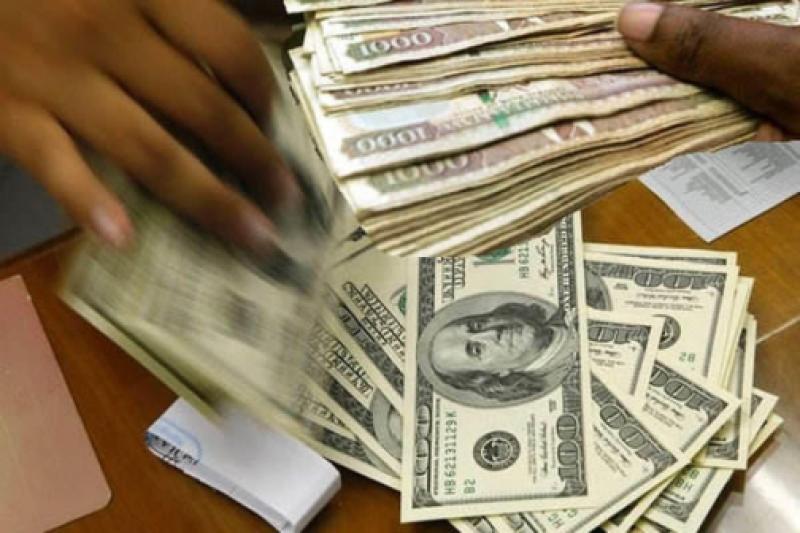×
The Standard e-Paper
Kenya’s Boldest Voice

The shilling may be overvalued by up to 17.5 per cent, according to a global lender.
The International Monetary Fund (IMF) in its much-awaited report following a review on Kenya’s economic health released yesterday, said the shilling risked being classified as “managed” rather than operating on the forces of demand and supply.